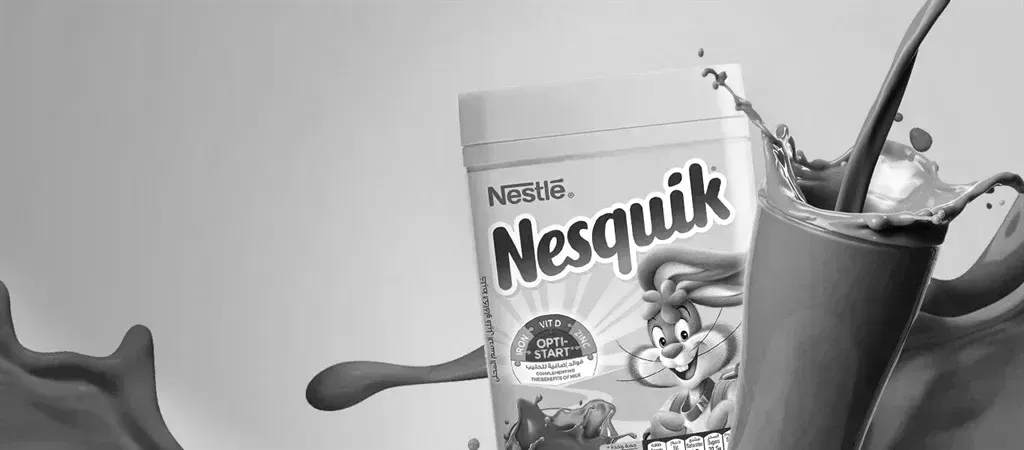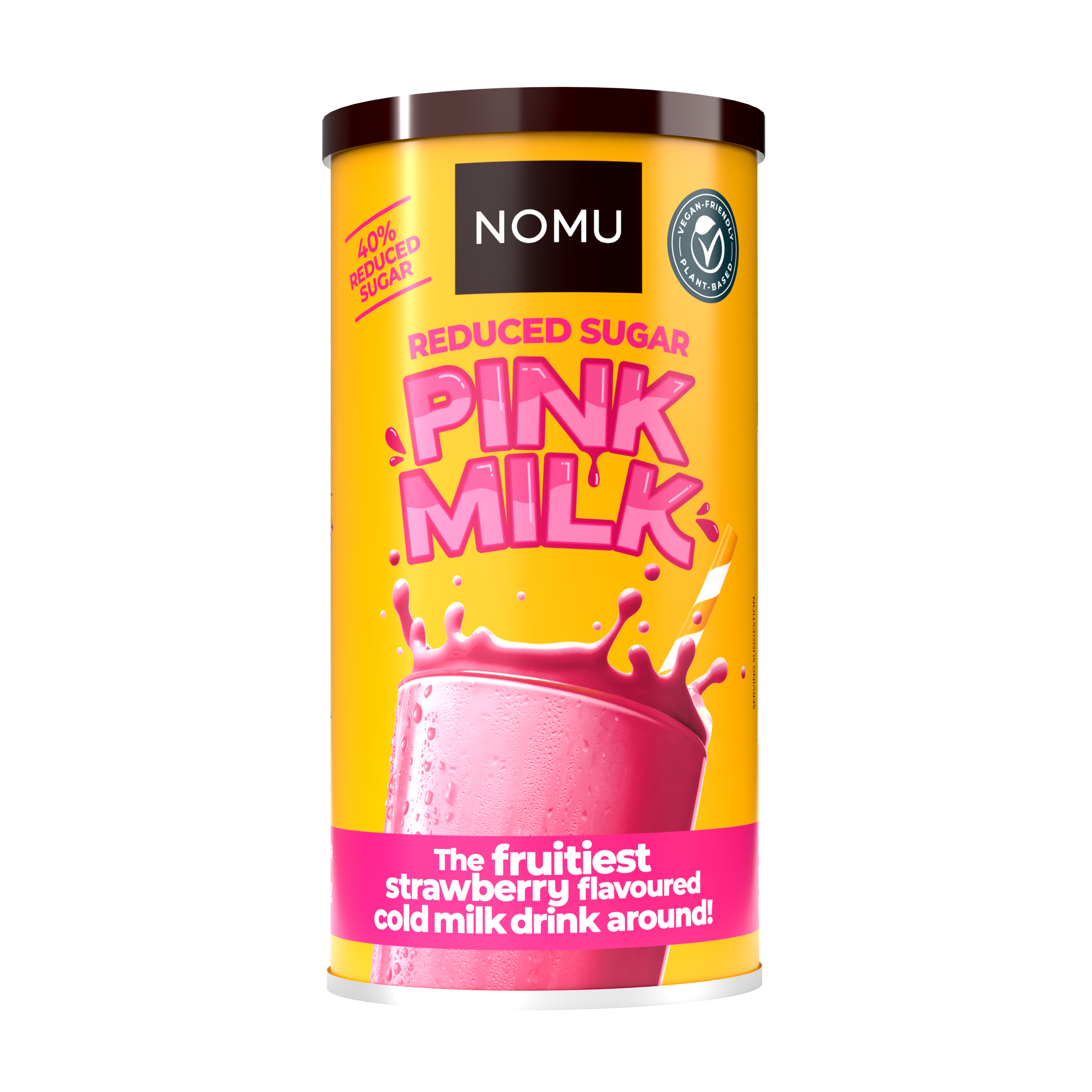NOMU Pink Milk is a local innovation all South African children are happy to support
It might just be Pink Milk, but buying it is a vote for South Africa.

Nestlé were taken by surprise last year when they had to field a bevy of hate mail from irate customers (that they never knew they had) when the company announced unexpectedly that they would be discontinuing to sell their Nesquik range of products in South Africa (it is apparently still available at Pick n Pay, but the recipe has also been changed on that one, which many have reported as now being 'clumpy and slimy')
Spotting this obvious 'gap in the market', local food manufacturer and integrated consumer brand, NOMU took it upon themselves to then develop their own version of the popular strawberry-flavoured milk drink.

Now NOMU Pink Milk is not something that's going to get venture capitalists stabbing each other in the neck to get a piece of, but given our recent focus on the acute need for successful local manufacturing, innovation and brand building, it's one of those small wins for a local producer that we should all go out of our way to support.
Rather than sending your ZARs back to Switzerland (right?), drinking NOMU Pink Milk will make a small difference to ordinary South Africans working hard in a facility in Cape Town.
Buying Pink Milk could be helping to put a kid through school, or enabling someone with dreams of up-skilling themselves towards a better qualification actually get there. Your purchase of a tin of NOMU Pink Milk may be paying for the dedicated taxi to get people home safely at night after a hard day of work.
Last year Nestlé's CEO, Ulf Mark Schneider (the guy who effectively rubber stamped the decision to pull Nesquik from South African supermarket shelves because 'it wasn't making the company enough money'), took home a salary of $13.2 million (which is close to R250 million for the year, or R21 million per month). What this means is that Ulf Mark Schneider doesn't really need anymore help; he's full up. Keep that in mind whenever you choose to buy any one of the other products that they still deem we are worthy enough to have access to.
Every rand staying in South Africa, because we choose to buy South African-made goods, is a rand that is not going into the enormous back pocket of some already rich guy who seriously doesn't need it.
More:



